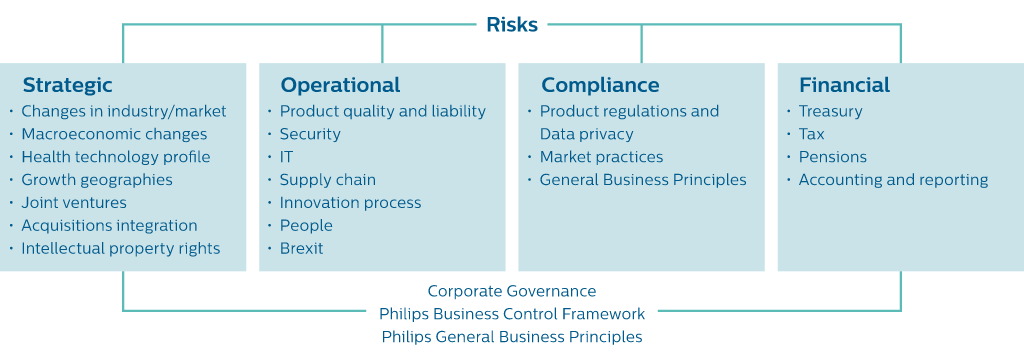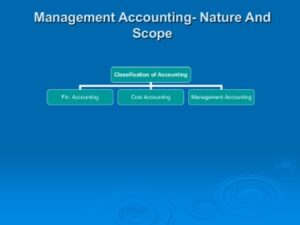A Comprehensive Guide to Real Estate Accounting

It impacts investment decisions, what is public accounting loan applications, and stakeholder perceptions. Regular revaluations are essential to capture market changes and trends. Moreover, understanding valuation methods and their implications is crucial. It ensures that properties are valued consistently, providing a true reflection of their worth. Bookkeeping in real estate primarily focuses on keeping accurate records of invoices, expenses, and payroll.
Bookkeeping and the 5 Accounting Elements
Training sessions and advanced software solutions can further enhance fiscal responsibility. For real estate professionals, demonstrating fiscal responsibility is a core value. Accurate demonstration ensures that businesses operate with transparency and integrity.
It also allows for easy connection to your real estate accounting software and eliminates the need for manual work. Building trust and enhancing reputation are vital for success in the real estate industry. These practices solidify market reputation and showcase financial stability. Staying updated with tax codes, understanding property tax implications, and collaborating with tax professionals are essential. These measures ensure that businesses remain compliant and optimize their tax strategies.
Regular Financial Reporting
- COVID-19 was also the most significant factor affecting the accounting and financial reporting requirements for real estate companies in 2020.
- Advanced software solutions offer features for data security, ensuring stakeholder trust.
- Accurate reporting ensures that stakeholders have all the information they need.
- Bookkeeping in real estate focuses primarily on ensuring that accurate records of invoices, expenses, and payroll are kept.
- Training sessions offer insights into software personalization techniques.
- This real-time collaboration ensures that everyone is on the same page, reducing errors and improving efficiency.
Real estate accounting involves recording, analyzing, and reporting financial transactions related to properties. It’s the backbone of a successful real estate business, guiding financial decisions and strategies. This domain ensures that all financial activities align with industry regulations and standards. online quickbooks expert training Real estate accounting involves performing monthly and yearly financial tasks to ensure smooth operations and strong cash flow.

The Role of Real Estate Specific Accounts
Additionally, managing diverse property portfolios, tracking changes in fair value, and addressing property management issues can be demanding. This enables you to see if you are making a profit and which properties are performing well. Additionally, it will enable you to compare your financial performance over time, estimate your cash flow, calculate your tax return, and make timely bill payments. As with any accounting practice, real estate accounting requires tracking income and expenses to create a clear overview of each property’s cash flow.
Each income and expense transaction recorded on the chart of accounts should have a backup or supporting document. Expenses under the accrual accounting method work in a similar way. If you receive an invoice for landscaping service in December, the invoice is recorded as an expense in December, even if the bill is not paid until January.
Training sessions offer insights into feedback collection techniques. Accurate feedback drives continuous improvement and ensures that user experiences are optimized. The real estate industry is dynamic, with ever-evolving financial practices.
Financial audits provide an independent review of a property’s financial activities. They are essential inventory turnover ratios for ecommerce for stakeholder trust and regulatory compliance. Regular audits ensure that financial data is accurate and aligned with industry standards.
Training sessions offer insights into best lease management practices. Advanced analytics provide insights into tenant preferences and market demand. For property management firms, efficient lease management, powered by robust real estate accounting, is crucial for profitability and growth. Every property transaction, whether a sale or lease, has financial implications. Real estate accounts meticulously record these to ensure accurate financial reporting. This tracking is foundational to real estate accounting and provides a clear picture of a property’s financial health.







Cevapla
Want to join the discussion?Feel free to contribute!